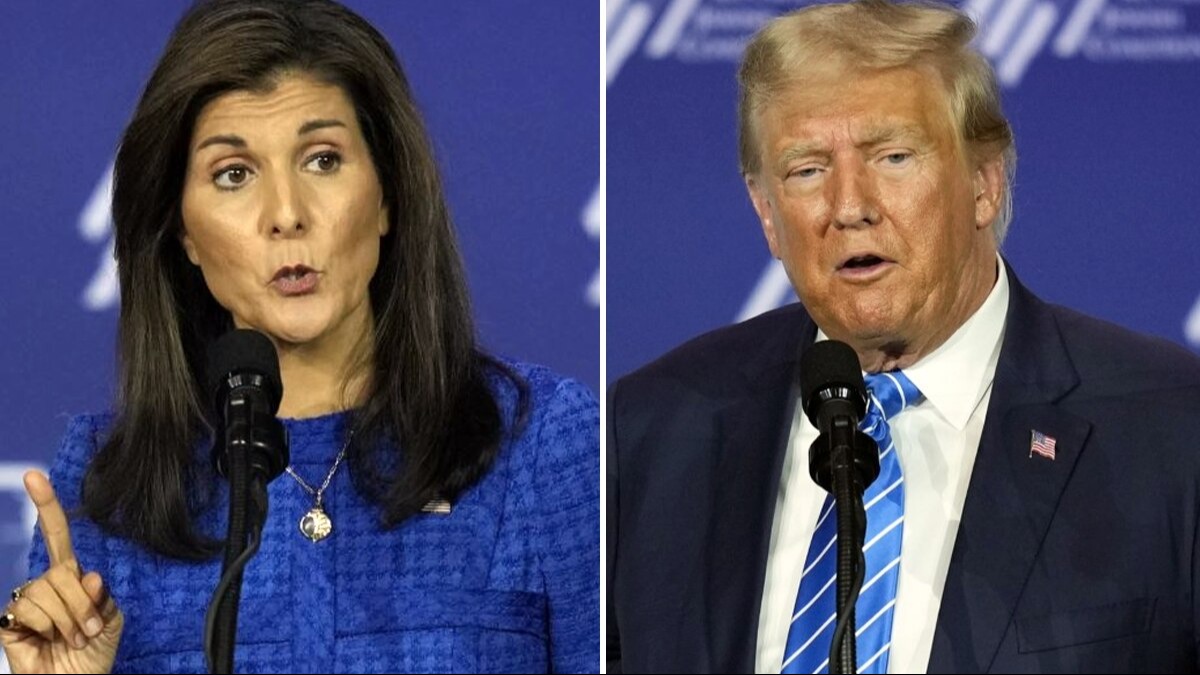In anticipation of the presidential elections this November, America's attention is captivated by the process of selecting official presidential nominees for the Republican and Democratic parties. It has just been reported that Indian-American Nikki Haley triumphed over former President Donald Trump in the Republican primary of the District of Columbia.
Now the race for the Republican presidential nomination narrows down to Nikki Haley and Donald Trump. Haley's overwhelming support, with 62.9% of the vote compared to Trump's 33.2%, signifies a historic milestone as she becomes the first woman to secure a Republican primary victory.
Despite Trump's consecutive wins in all previous eight primaries and opinion polls predicting his dominance in impending elections, this defeat comes as a turning point.
The Electoral Dynamics of Washington DC's Seat
As a 100% urban area, Washington DC's political landscape starkly contrasts with Trump's rural strongholds, often associated with a less educated population. Trump has frequently made negative remarks about Washington, diminishing his support within the capital.
Haley's win in the Washington primary offers her relief from a series of defeats to Trump, marking this victory as a much-needed breath of fresh air. However, many Republicans view her popularity in Washington through a critical lens, considering the city's high crime rates.
This isn't the first time Trump has faced rejection from Republicans either. History recalls his loss at the Washington primary in 2016.
What is Super Tuesday?
To secure the Republican presidential nomination, a candidate must garner the backing of at least 1,215 delegates. Prior to Super Tuesday, 15 states and one US territory will cast their votes in what could be a decisive event.
As primaries continue until June, the Republican National Convention in July will officially select the party's presidential nominee, followed by the Democratic National Convention in August. The presidential election will take place on November 5, 2024.




